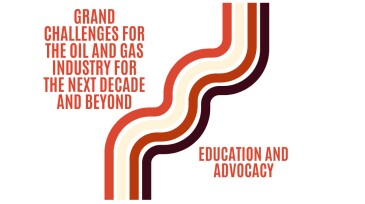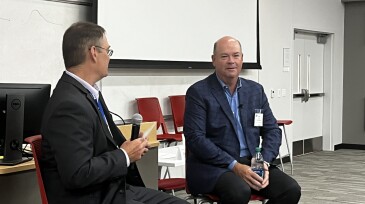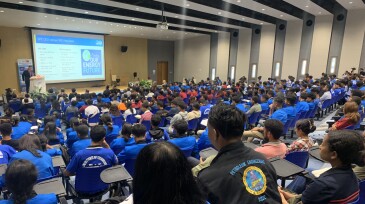engineering education
-
Eighteen Timorese students spent a week in Perth exploring and forging connections within the Australian oil and gas industry.
-
Undergraduate education in petroleum engineering has survived the latest downturn in the industry, and enrollment has started to show an uptick in numbers. However, a different trend is evident in graduate training and academic research: the number of researchers being trained in oil and gas topics is drastically dropping.
-
During my recent visit to Ukraine, I saw firsthand the resilience and strength of the country and its people. Despite the ongoing war, the energy sector and academic institutions continue to thrive, demonstrating unwavering dedication to progress and innovation.
-
You’ve heard of generative artificial intelligence, and odds are you’ve used it. But do you know how it works?
-
The energy industry faces a shortage of skilled professionals, and high salaries aren’t enough to attract new talent. We need to show how careers in this field offer meaning and stability, with transferable skills across energy sectors.
-
Industry professionals can use the 20/60/20 approach to recruit those most likely to be won over to oil and gas.
-
ConocoPhillips’ CEO Ryan Lance sees a future for petroleum engineers as the energy mix expands.
-
The event, the first of its kind, hosted more than 500 students for discussions from industry professionals, SPE Distinguished Lecturers, and SPE CEO Simon Seaton.
-
Former SPE President Tom Blasingame began his term as head of Texas A&M's petroleum engineering department on 1 May.
-
SPE President Terry Palisch is joined by Jennifer Miskimins, department head of petroleum engineering at the Colorado School of Mines, to discuss the academic aspect of petroleum engineering and its future.










